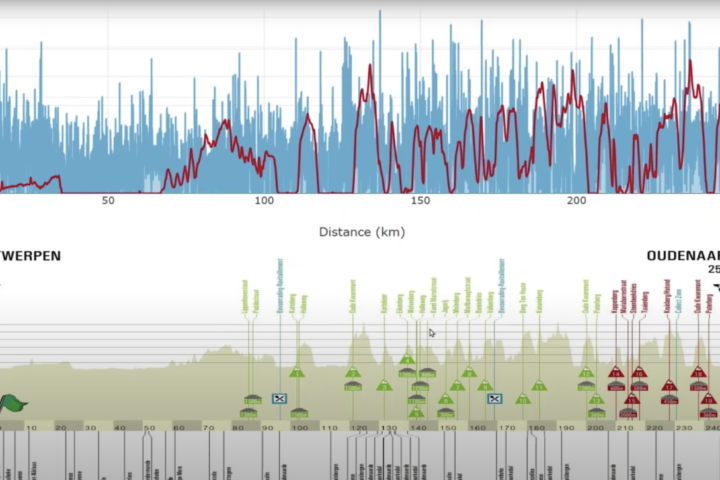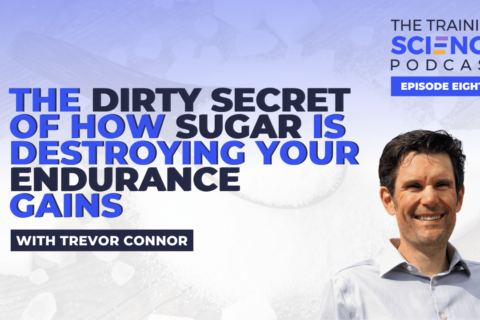
The Fundamentals of Sports Nutrition: How to Use Intuition to Improve Fueling
Data has its benefits, but only when we learn to apply an intuitive approach to our fueling can we unlock the most efficient and healthy sports nutrition habits.

Data has its benefits, but only when we learn to apply an intuitive approach to our fueling can we unlock the most efficient and healthy sports nutrition habits.

Crunching numbers is one thing, but if you want to turn data into victory, here are a few key things you should do and a few things to avoid.

HIT has many proven benefits and several big limitations. Trevor Connor explores how HIT works, its effects, and the most effective high-intensity interval workouts you can choose for specific gains.

Prime yourself for peak performance by knowing when and how much to fuel in your training and racing.

When this pro athlete stopped restricting nutrition and fueling in favor of a higher-carbohydrate diet, she was surprised by the result.

Coach and Fast Talk Labs co-founder Trevor Connor explains the long-term effects of sugar intake on athlete performance with Dr. Paul Laursen.

Use these formulas to determine your calorie and carbohydrate needs according to your unique physiology and demands of the event.

For years we have been told to load up on carbs prior to an event, yet eat very little during competition. Recent research has shown that athletes can ingest more carbohydrate during training and competitions than previously thought.

As athletes get older, hormone levels shift, disrupting how the body manages glucose and insulin and inviting a slow creep of excess weight.

Today’s athletes need to discern whether changes in body composition are just part of getting older or if the body is becoming intolerant of carbohydrate.

Seeking an “ideal racing weight” is a tactic many endurance athletes use to improve performance. Here’s how to find your fastest race weight—while avoid being too heavy or too light.

Stage races and other multi-day events offer special challenges, particularly when it comes to recovery. We explore three of the key elements to maintaining good performances day after day.

Eating properly for the demands of endurance sports can be challenging, especially if you’re new to sport. We explore common misconceptions and pitfalls for the beginner endurance athlete.

Few topics in endurance sports are more misunderstood and draw more ire than hydration and electrolyte sports drinks. Trevor Connor explores the biochemical mechanics to show what happens when we drink salty sports drinks.

Data has its benefits, but only when we learn to apply an intuitive approach to our fueling can we unlock the most efficient and healthy sports nutrition habits.

These nutrition strategies will help reduce the side effects of hormonal fluctuations during the menstrual cycle.